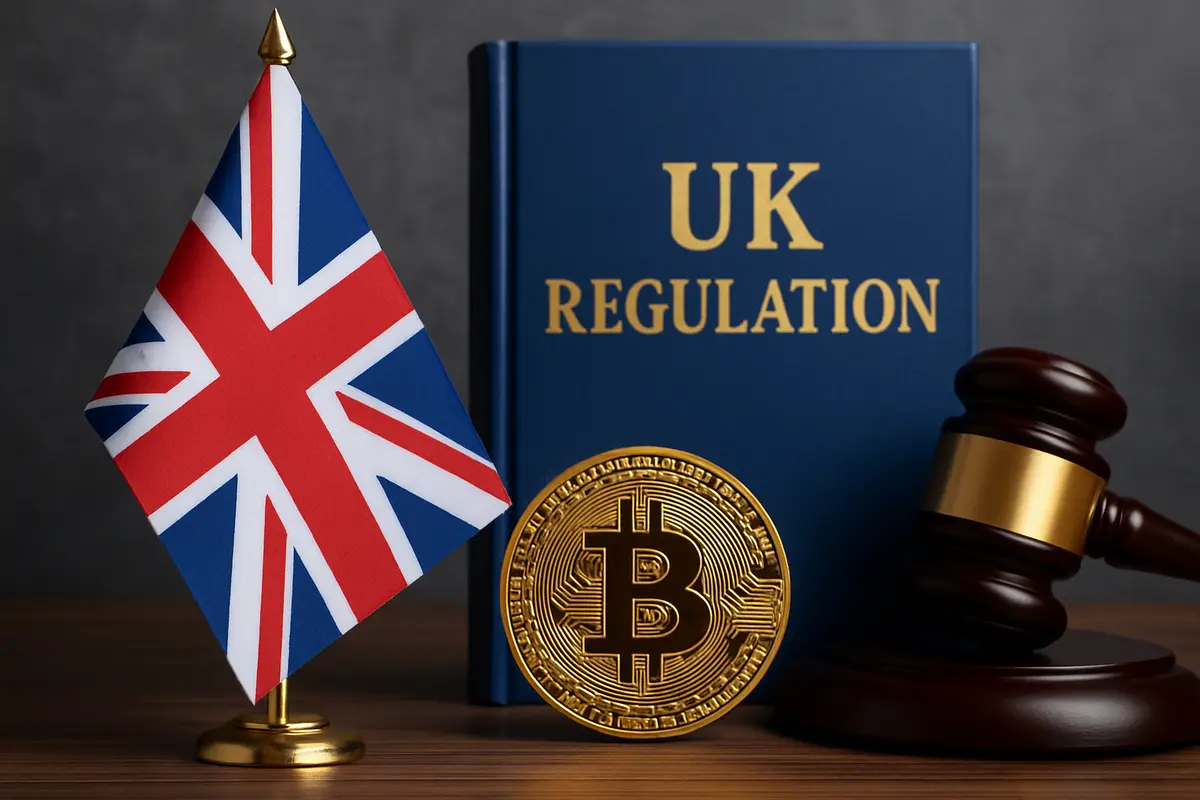UK’s Crypto Clampdown: New Draft Law Seeks to Bring Order to Digital Assets

LONDON — The UK is tightening its grip on the fast-moving crypto sector. A new draft law, introduced this week by HM Treasury and backed by Chancellor Rachel Reeves, aims to pull cryptocurrency exchanges, wallet platforms, and stablecoin issuers under full regulatory control.
It’s not just a gesture — this is the clearest move yet that digital finance will no longer operate in a grey area.
“We’re not here to hold the industry back,” Reeves said in a statement. “But protecting users and ensuring trust must come first.”
The proposal would revise the Financial Services and Markets Act 2000, officially adding “qualifying cryptoassets” and “qualifying stablecoins” to the list of regulated financial products. Updates to the Regulated Activities Order would also force crypto businesses to meet stricter requirements around security, system resilience, and operational clarity.
And this isn’t optional. Firms dealing with digital assets in the UK would need to register with the Financial Conduct Authority (FCA). They’d also fall under the Money Laundering Regulations (MLRs) — a key part of the government’s effort to weed out shady operations and improve industry transparency.
Crypto companies that have so far relied on vague positioning or offshore registration are likely to feel the heat. “The era of regulatory limbo is ending,” one London-based fintech adviser told us. “This will define how crypto operates here moving forward.”
There’s more. Under the draft, promotions and advertising for crypto services will be treated like those of any other financial product. That means they’ll have to comply with the Financial Promotion Order, with mandatory disclosures and strict oversight of how risks are presented to consumers.
Interestingly, the rules will hit UK-based stablecoin issuers hardest, while overseas entities remain exempt — at least for now. Officials say it’s a strategic move to keep the UK attractive to innovation, but critics worry it opens a loophole for risk.
The Bank of England and Prudential Regulation Authority (PRA) will also weigh in, especially on system-level risks posed by digital currencies. Governor Andrew Bailey has previously said stablecoins could be part of future payment infrastructure — but only if backed by strong regulation.
For many, this move was long overdue.
“It was only a matter of time before crypto faced the same level of scrutiny as banks,” said a compliance officer at a UK-based exchange. “Honestly, it brings more legitimacy to the entire space.”
The draft bill hasn’t been passed yet, but momentum is clearly building. And once the FCA begins enforcing these rules, the crypto sector in the UK might look very different from what it is today.
